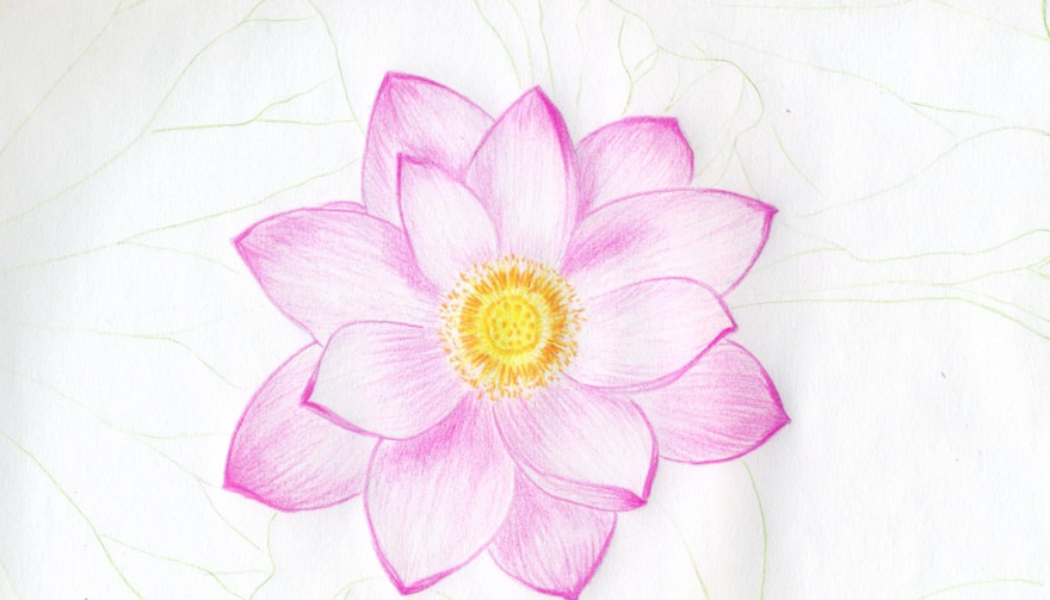A Personal Look At Depression ~ An Ayurvedic Perspective
“For underneath my tears and the hallow feelings is a deep intrinsic knowing that our sadness is always here to teach us something, to help us grow and lead us to a deeper evolution of ourselves. I know that once I have moved through the darkness, I will be very grateful for the lessons learned along the way. I’ve heard it said so many times, being vulnerable is a pathway to deeper connections, a richer life, healing and a profound experience of “Aliveness”. But how easy is it to be vulnerable when we have jobs to keep up, social statuses to maintain, teeth to brush and lives to live? Yet, a gift of this depression is that at times I have no choice but to be vulnerable. It doesn’t matter if it’s a co-worker I barely know, my Tai Chi teacher or a newly found friend, if the tears are getting too much to hold in, then they will come out, no stopping them.” – Pema Chodron
One Of The Most Common Mental Disorders:
Depression is one of the most common mental disorders and affects 6.9% of all U.S. adults. With more and more people feeling as if there is so little under their control, the statistics for this disorder are rising. Ayurveda views depression as an imbalance of the mind and the nervous system and there are many tools to effectively balance this condition. Depression can be due to a Vata, Pitta, or Kapha imbalance; it can also be due to a combination of doshas.
An Ayurvedic Perspective:
Vata depression is generally associated with anxiety, and nervousness, fear, overwhelming emotions, and sometimes insomnia. People with Vata depression also tend to want to keep moving and keep active as a way to fend off depression; they don’t like to sit with depression. Pitta depression is associated with judgment, anger, being treated unfairly, being critical, injustice, impatience, rage outbursts, and sometimes insomnia. And Kapha depression is more prone to lethargy, large amounts of sleep, a sense of heaviness, and wanting to shut out the world by cocooning in a dark room and shutting off contact.
There are some general things one can do to begin the healing process.
1. Sleep an appropriate amount of time. People with Vata imbalances need 8-10 hours of sleep, people with Pitta imbalances need about 8 hours of sleep, and people with Kapha imbalances need about 7 hours. And rise with the sunrise; the colors at sunrise simultaneously stimulate and soothe the nervous system in a beneficial & valuable way.
2. Carefully adding in only those foods, people and activities that are nourishing and supportive.
3. A diet that includes lots of cooked grains, fresh vegetables & fruits, beans & lentils, nuts & seeds, ghee (clarified butter) or vegetable oils, herbal teas especially brahmi tea, organic whole milk, flatbreads, mild sweets which include honey, maple syrup, brown rice syrup, and molasses. Include spices like cumin, coriander, fennel, ginger, turmeric, cinnamon, nutmeg, cardamom, clove, basil. These all promote a quiet, steady, alert mind.
4. Reduce or avoid alcohol, caffeine, sodas, processed foods, frozen or cold foods & drinks, refined sugars. Try to avoid garlic and onions. All of these things tend to make the mind either dark and cloudy, or overactive.
5. Use nasal oil appropriate for your imbalance. Nasal oils are wonderful because they go directly to the brain and nervous system.
6. Know that your essential nature is joy, love, and compassion and that this depression is a covering over your bright inner nature. You are not your thoughts.
7. Cultivate a meditation practice. A very simple one is to inhale golden warm energy from the top of the head to the base of the spine and say “love, love, love” all the way down the back of the spine, pause, then exhale come up the front of the spine, and say “love, love, love” all the way up to the top of the head. You are bringing divine energy down the spine, and then moving it up the spine. You are also injecting all of your energy centers or chakras with love. Do this 10, 20 or 30 times, and then just rest for a few minutes in calmness.
8. If the above practice is not something for you right now, then simply cultivate gratitude by thinking of all the things you can be grateful for before you go to sleep.
9. Alternate nostril breathing.
10. If there is an Ayurvedic practitioner in your area, try to make an appointment for a Shirodhara which is a streaming of warm oil on the forehead to balance the nervous system. The oil dampens and quiets the nervous system leading one to sense of peace and clarity.
More Specific Signs & Ways of Working with Depression
VATA-TYPE Depression is often associated with:
– anxiety, nervousness
– insomnia
– light sadness
– fear
– overwhelmed
Helpful Tools for Vata Type Depression
– Slower routine, slower low key exercise,
– grounding and slower yoga practice with forwards bends, and twists
PITTA-TYPE Depression is often associated with:
– anger
– rage
– criticality
– impatience
– a feeling of being wronged or treated unfairly
Helpful Tools for Pitta Type Depression
– Slower routine, slower, non-competitive exercise,
– grounding and slower yoga practice with forwards bends, and lots of twists
KAPHA-TYPE Depression is often associated with:
– lethargy
– intense sadness
– sluggishness, stagnancy
– heaviness
Helpful Tools for Kapha Type Depression
– More energetic routine, stimulating, invigorating exercise,
– Uplifting & invigorating yoga practice with laterals, extensions, and back bends
DISCLAIMER:
This is for educational purposes only. Not to be considered medical advice.




